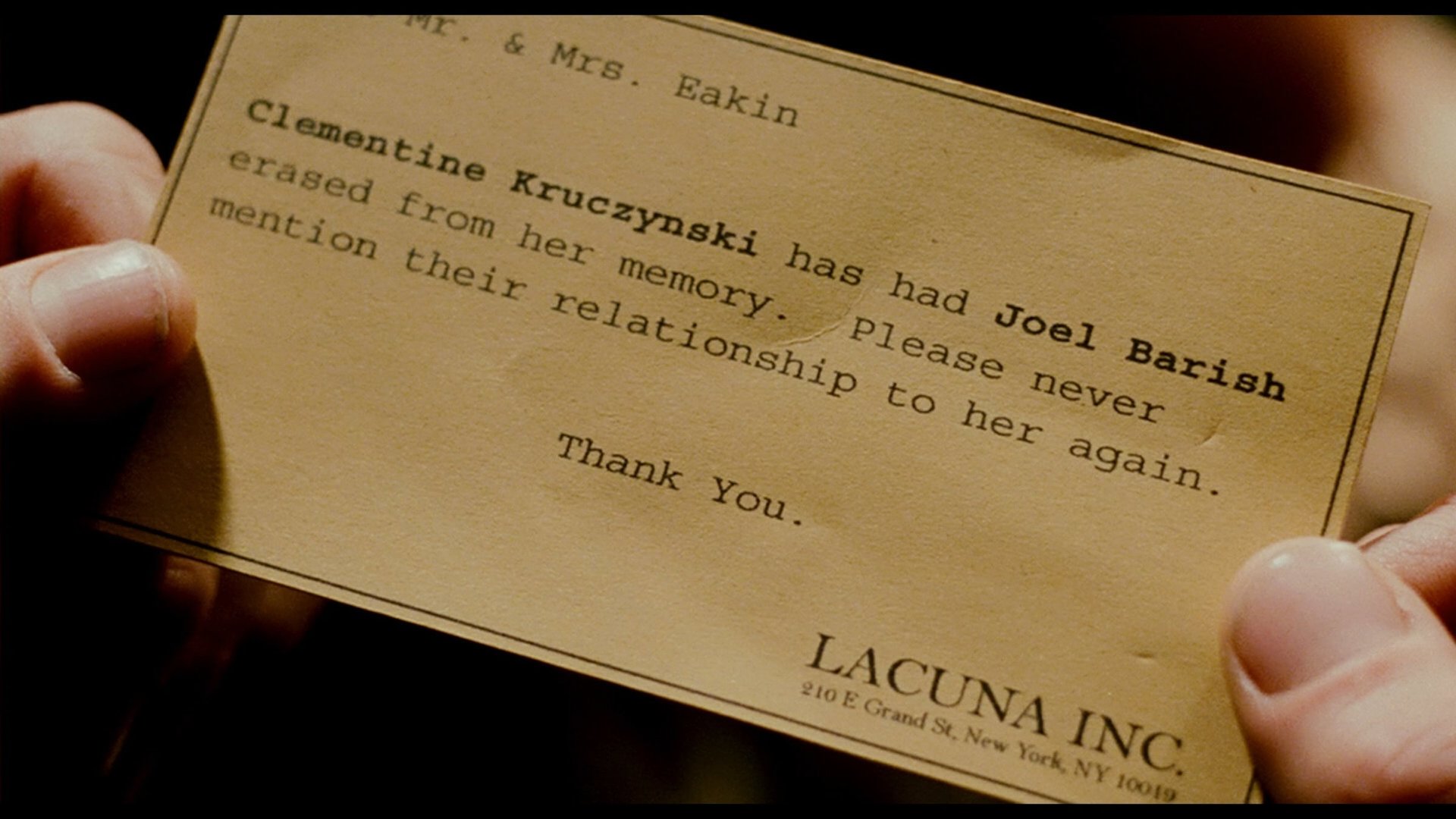Next Valentine’s Day, get over your ex with “anti-love biotechnology”
What if you never had to live through a broken heart again? By approaching love as a treatable addiction, researchers are beginning to imagine drug regimens that could cure it. There are pills that could help you end an unhealthy relationship by dulling your romantic feelings, and ones that could end your grief in the wake of a bad breakup. But whether or not you’ll ever get an anti-love prescription from your doctor is another matter.


What if you never had to live through a broken heart again? By approaching love as a treatable addiction, researchers are beginning to imagine drug regimens that could cure it. There are pills that could help you end an unhealthy relationship by dulling your romantic feelings, and ones that could end your grief in the wake of a bad breakup. But whether or not you’ll ever get an anti-love prescription from your doctor is another matter.
New Scientist reports that the brains of people in the early stages of romantic love—those experiencing a lot of lust for their new partner—are similar to those with obsessive compulsive disorder, or OCD. Certain kinds of antidepressants are known to reduce unhealthy behavior in people with OCD, but they can also dull their emotions. It’s a negative side effect for most people, but sounds like the perfect mix for someone trying to overcome obsessive lust.
For more affection-based bonds, early research suggests that blocking oxytocin and dopamine—chemicals that help us form attachments to others—could free your heart. But maybe a little too much: When prairie voles—known to pair for life—were given such therapy, they became polygamous. Unless you want to dull your feelings for a current partner and everyone else too, hold off.
The use of drug therapy to kill romance isn’t new: Some ultra-Orthodox Jews prescribe antidepressants to students in order to kill their libido. “It’s unclear whether the students were coerced,” neuro-ethicist Brian D. Earp told New Scientist, “or requested it to manage feelings of shame.” But either way, he said, it’s troubling—and the question of whether people should be encouraged, or even allowed, to intentionally dull emotions is a big one.
Earp imagines that such therapies could help people in abusive relationships by giving them the strength to leave, but he also thinks that drugs might be used to keep couples together. Life-long monogamy based on love and attachment—as opposed to political or economic convenience—is contrary to our biological nature, he says, and difficult to maintain. But for those who choose to stick with it, he says, “maybe the strategy should be to manage their psychobiology instead—use drugs that enhance attraction rather than diminish it.”